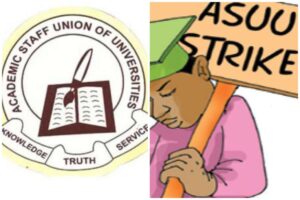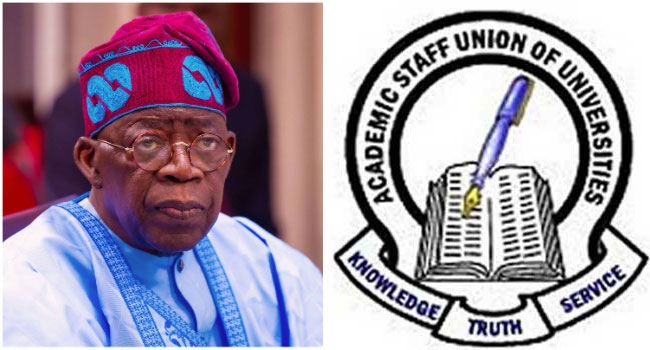The tranquility in Nigerian public universities faces a new threat as the Senior Staff Association of Nigerian Universities (SSANU) and the Non-Academic Staff Union of Universities (NASU) are poised to initiate a nationwide strike today. The impending industrial action is a result of withheld salary arrears of their members, prompting the Joint Action Committee (JAC) of NASU and SSANU to issue a two-week ultimatum to the Minister of Education, Prof. Tahir Mamman, on June 20, 2024.

In a letter jointly signed by NASU General Secretary Prince Peter Adeyemi and Mohammed Ibrahim, the unions accused the government of neglect and insincerity, expressing disappointment over unmet promises to address the salary arrears. Despite assurances from the ministers of education and labor and employment, the federal government’s failure to fulfill its commitments has led to growing discontent among the non-academic staff.
Simultaneously, the Academic Staff Union of Universities (ASUU) is also mobilizing its branches nationwide for a potential strike, despite recent high-level discussions with the Minister of Education, Prof. Tahir Mamman. ASUU branches across the federation are actively preparing for a directive from its national body to embark on a strike, reflecting the widespread dissatisfaction among university faculty.
The looming strike by ASUU is rooted in unresolved issues, including the renegotiation of the 2009 FGN/ASUU agreement, the backlog of Earned Academic Allowance (EAA), and outstanding salaries. The union’s frustration is palpable, with the branch chairman of ASUU at the University of Abuja, Dr. Sylvanus Ugoh, affirming full mobilization and readiness for action pending a directive from the national secretariat.
In response to the escalating tensions, the federal government has expedited a meeting with SSANU and NASU today to address the contentious issue of four months’ withheld salaries and avert further disruptions in Nigerian universities. The urgency of these discussions underscores the gravity of the situation and the government’s commitment to preventing a breakdown in the educational sector.
The potential strike by both academic and non-academic staff highlights the deep-seated challenges within the Nigerian university system. The recurring disputes over salaries, allowances, and working conditions underscore the need for sustained dialogue and proactive measures to ensure the stability and functionality of higher education institutions.
As the government engages in consultations to avert the impending strike, it is imperative to address the grievances of university staff comprehensively. The resolution of these issues is pivotal to maintaining a conducive environment for teaching, research, and learning within Nigerian universities.
The impending strike serves as a stark reminder of the critical need for sustained investment in the country’s educational infrastructure and the welfare of university staff. It is essential for all stakeholders to work collaboratively to address the root causes of these recurrent disputes and ensure the uninterrupted operation of Nigeria’s higher education institutions.




